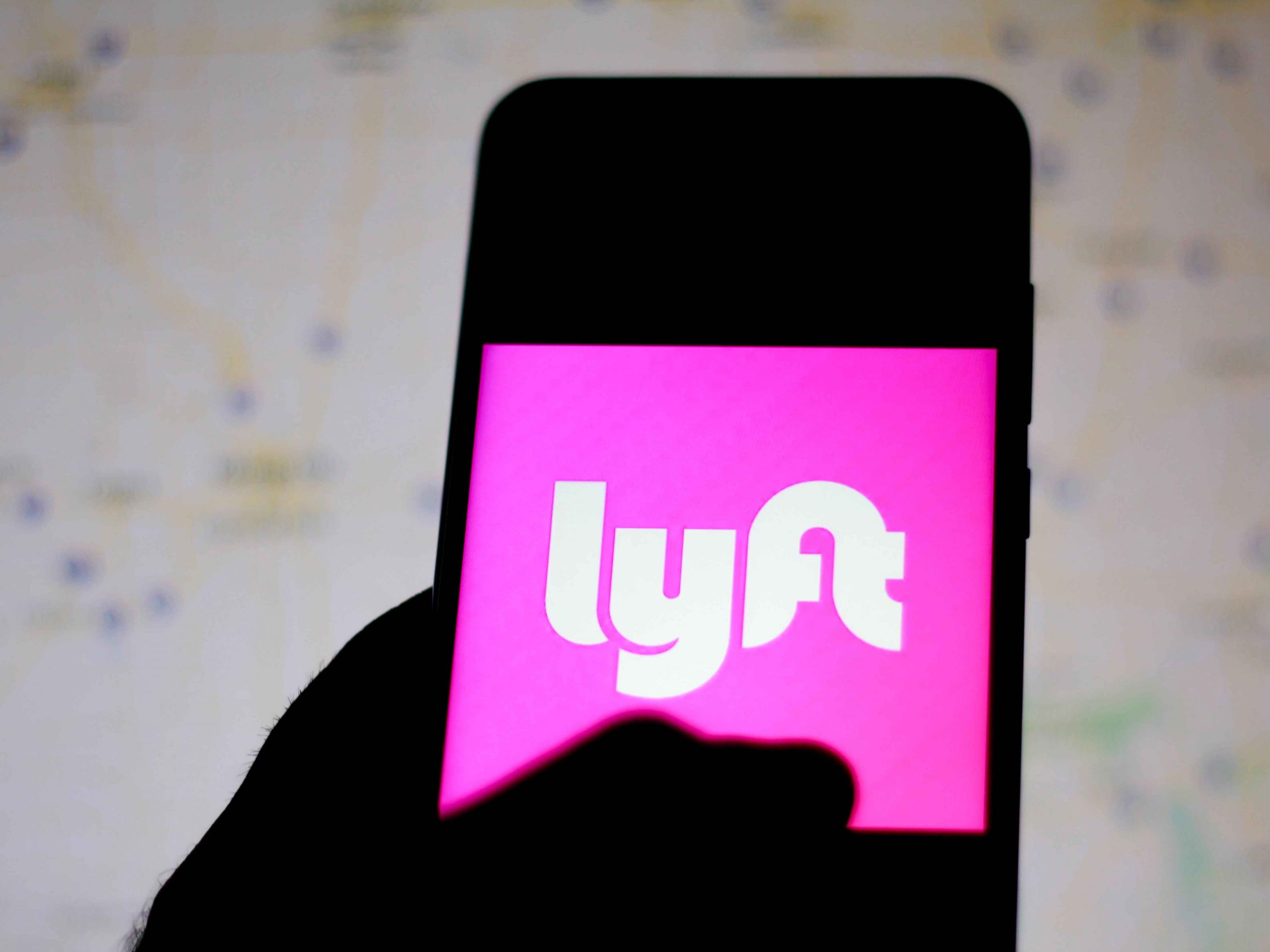Lyft launches new delivery service
As demand for ride-hailing services plummets, Lyft is tapping its drivers to deliver groceries, meals and medical supplies to people in need

Ride-hailing app Lyft has announced it will launch a new delivery service in the wake of the coronavirus outbreak, delivering essential items to vulnerable customers in several US cities
Ride-hailing start-up Lyft announced on 15 April that it is launching a new delivery service in several US cities. Since the coronavirus pandemic has crushed demand for ride-hailing trips, the company will now branch out into delivering essential items, such as groceries and medical items, to those in need.
Until now, Lyft has struggled to capitalise on opportunities in the delivery space, where its rival Uber is a major player. The pandemic appears to have forced the company’s hand. However, unlike UberEats – which is customer-facing – Lyft’s pilot initiative, named Essential Deliveries, will provide goods for government agencies, local non-profits, businesses and healthcare organisations. The recipients will include the elderly and those with compromised immune systems, who are especially vulnerable to the coronavirus.
The coronavirus crisis has exposed the vulnerability of workers in the gig economy
Among the companies that have already partnered with Lyft is Dole Packaged Foods, which will use the service to deliver fruit products to elderly citizens in Seattle. Lyft has also said that low-income families and those with poor transport connections will benefit from the initiative.
According to the Information, the company’s ride-sharing business has been halved in recent weeks due to a huge drop in ride requests. The delivery service is just one way that Lyft can continue operating during the pandemic. In addition to this service, Lyft is also providing free and discounted bike-share passes to essential workers in Boston, New York and Chicago.
The coronavirus crisis has exposed the vulnerability of workers in the gig economy. Because they are classed as independent contractors, Lyft’s drivers do not receive benefits such as health coverage and unemployment pay. There has been widespread concern that, without a safety net, these cash-strapped drivers are left with little choice but to stay behind the wheel and risk exposure to COVID-19. For gig-economy companies, the coronavirus could prove the biggest test yet of their contractor-dependent business model.













